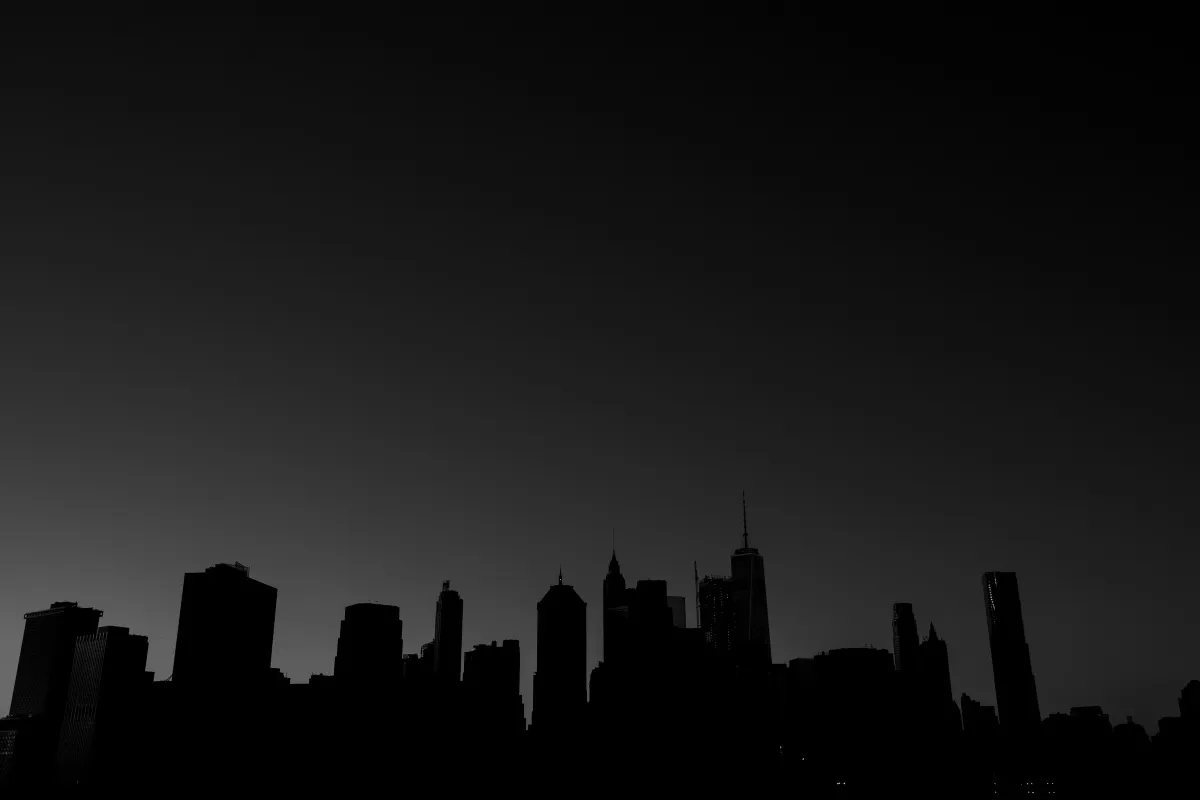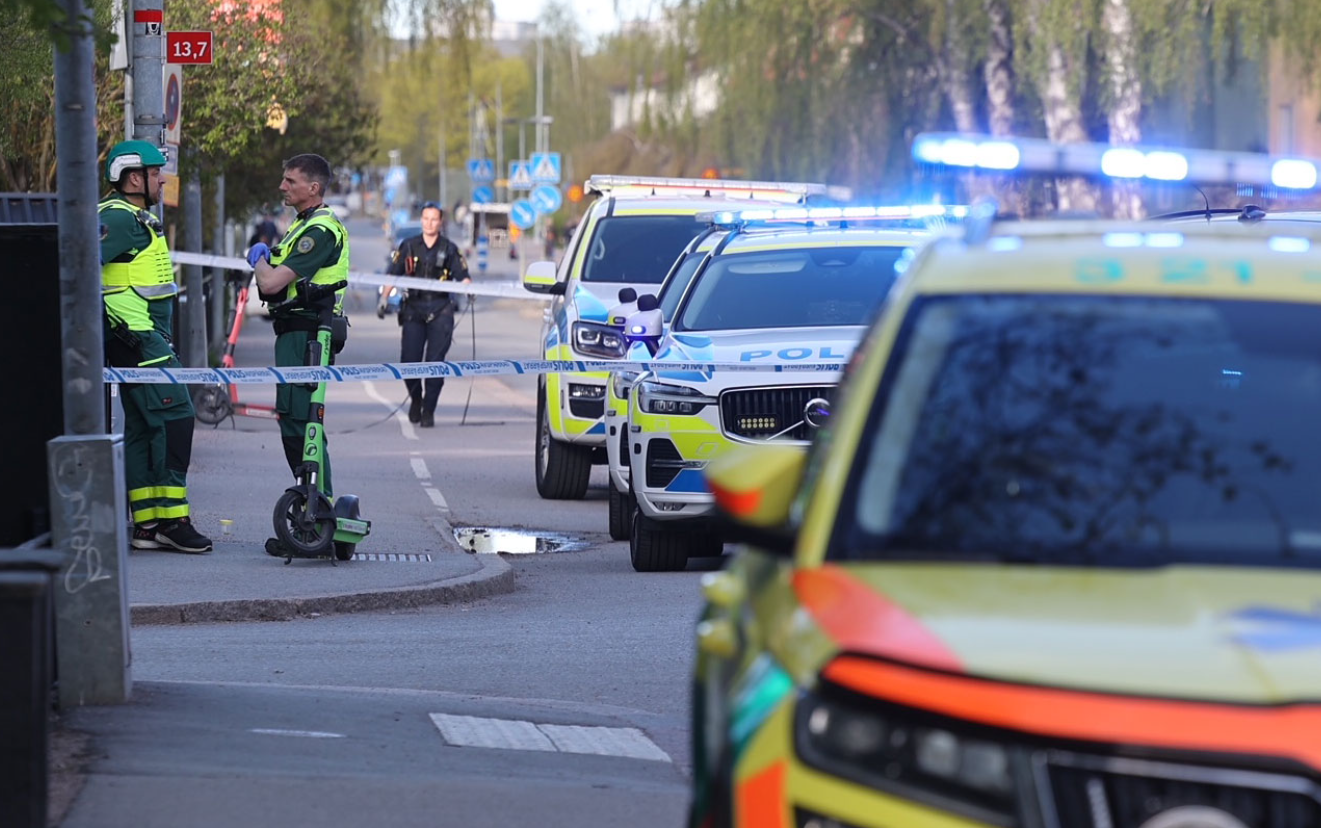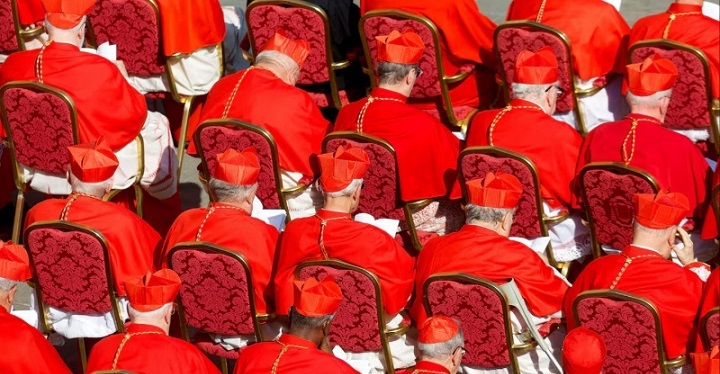Though Netflix has not released specifics on the number of subscribers in the country, the recent controversy over its removal of an episode of comedian Hasan Minhaj’s show “Patriot Act” is throwing a sharp spotlight on how media and tech companies balance artistic freedom against local laws, and their business.
Last week Netflix pulled the episode for viewers in Saudi Arabia after officials there complained to Netflix that the episode, first posted in October, violated an article of the country’s anti-cyber crime law.
Netflix said in a statement that it supports artistic freedom and only removed the episode for Saudi viewers because of the valid legal request.
“It doesn’t mean we agree with these laws,” a spokesperson told CNN.
Netflix is focused on expanding Internationally, pouring money into original content from around the world made in local languages. It’s already available in every country and region around the world except China, Syria, Crimea and North Korea.
Saudi Arabia is a relatively new country for Netflix, as the company only expanded there three years ago. But Guy Bisson, a London-based media industry analyst and research director with Ampere Analysis, told CNN Business that the region in general is an important area for streaming video.
“The Middle East is going to be one of the big focus markets for that local production because it’s clearly a potentially lucrative and large market for them,” Bisson said.
Netflix said Saudi Arabia cited Article 6 of its anti-cyber crimes law, which states that “production, preparation, transmission, or storage of material impinging on public order, religious values, public morals, and privacy, through the information network or computers” is a crime, according to the Financial Times, which first broke the story.
But it’s not clear yet which aspect of the law Minhaj’s show broke. Minhaj spent considerable time criticizing Crown Prince Mohammed Bin Salman and the government’s handling of the killing of journalist Jamal Khashoggi, and questioned whether Saudi Arabia, which contains most of Islam’s holiest sites, properly represented Muslim values.
“What makes this different is that it’s not immediately obvious why it breaches the particular law they said it does, and it’s obviously a political issue as well — and that’s a slightly different matter,” Bisson said.
Netflix is not the first tech company to run up against local laws and customs as it tries to expand globally.
Google, for instance, has recently come under fire for a secret project to build a censored search engine that could provide the company a way to appease Chinese regulators and get back into the Chinese market. And like Netflix’s recent situation, Google has removed some content, publicizing some data about which countries have requested it remove content and the general reason why in a transparency report. Netflix does not post a transparency report.
And Netflix already complies with certain regulations in other countries. New Zealand, for example, banned a documentary about suicide called “The Bridge” from being shown outside of film festivals. The documentary is not available on Netflix in New Zealand, though it is available in other countries.
Some countries are even using laws to keep that production local — another regulation with which Netflix and other media companies will have to contend. EU lawmakers recently voted to require that video-on-demand services ensure at least 30% of their available content is European-made.
Mary Ann Halford, a former 21st Century Fox executive who worked on that company’s international operations, told CNN Business that Netflix had little choice but to take down the “Patriot Act” episode.
“If Netflix had taken it down across the world then that would be a major issue. I don’t think Netflix had much legal room in this particular situation,” said Halford, who now works as an adviser at OC&C Strategy Consultants.
Halford said the only way Netflix could effect change in Saudi Arabia is by staying in the market. The sacrifice of one episode in the country might be worth it to keep the rest of Minhaj’s show online there, she said.
“They could risk being shut down in Saudi Arabia, and I don’t think doing that advances Netflix’s interest,” Halford said. “One of [the United States’] greatest exports is American culture, so I don’t know why we’d want to stop doing that. And listen, this comedian will still be seen.”
Indeed, as Minhaj himself tweeted on Wednesday, it’s likely far more people now know about the censored episode and his show than before the incident.





Leave a Reply